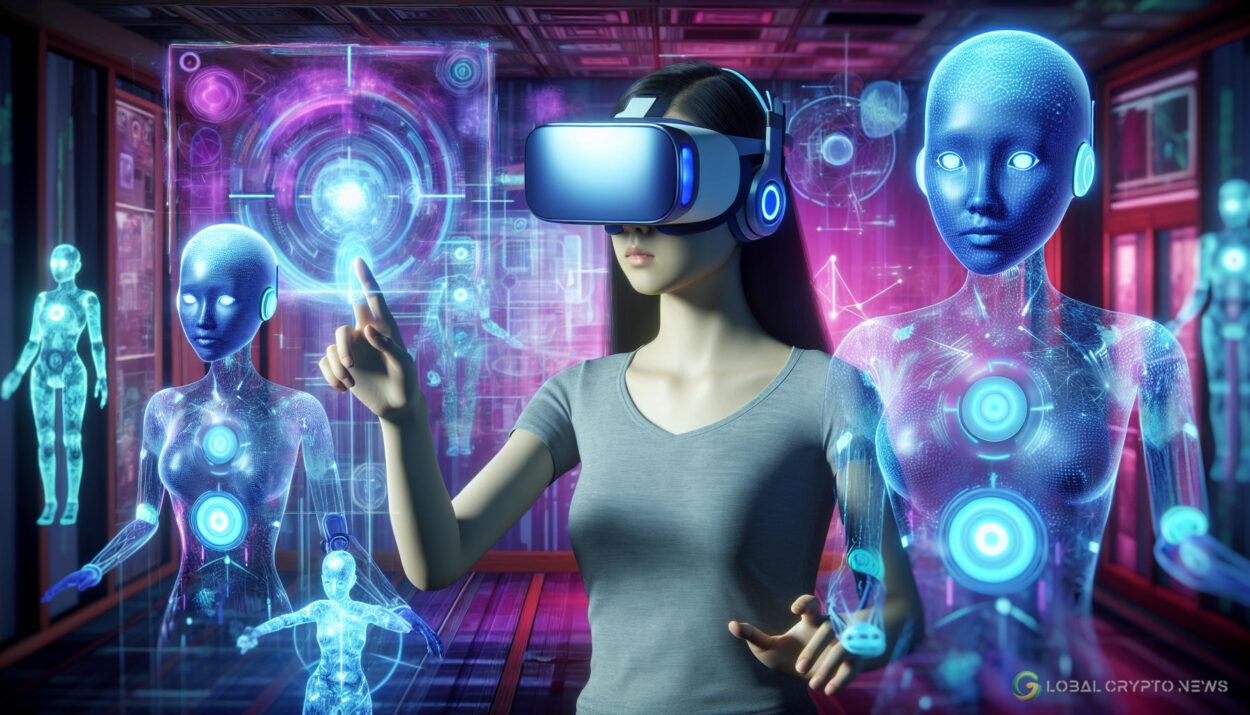Tim Berners-Lee, the creator of the world wide web, recently shared his predictions for the future of the internet in an interview marking the web’s 35th anniversary. According to Berners-Lee, the next era of the internet will be shaped by AI, VR, and a significant restructuring of big tech companies.
In the interview with CNBC, Berners-Lee emphasized the importance of trustworthy AI assistants in transforming user interactions. He envisions a future where AI assistants become as reliable as doctors, working seamlessly to assist individuals.
His second prediction focuses on individuals taking control of their data, with VR and spatial computing becoming the primary methods of using computers. Berners-Lee highlighted the ability to seamlessly transition between VR headsets, large screens, and mobile devices to create a unified user experience.
The concept of spatial computing, linking physical movement to digital actions, is expected to replace traditional input methods like keyboards and touch screens. While not explicitly mentioned, these advancements are closely tied to metaverse and blockchain technologies.
Berners-Lee also suggested that regulatory agencies may intervene to break up large tech conglomerates in the future. This prediction underscores the potential vulnerability of even the most prominent tech firms in the U.S., as observed by a prominent figure in the field of computer science.
Interestingly, Berners-Lee’s groundbreaking work on the world wide web began in 1980 while he was a contractor at CERN. By 1989, he had combined his hypertext network with TCP and DNS protocols to lay the foundation for the internet as we know it today.
As the internet continues to evolve, Berners-Lee’s insights offer a glimpse into the future of technology and user experiences. For more news and updates on the latest developments in the tech world, visit Global Crypto News.























